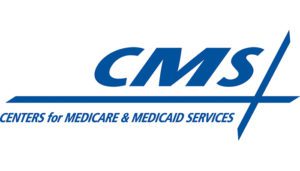 The U.S. Centers for Medicare & Medicaid Services (CMS) rescinded the Medicare Coverage of Innovative Technology (MCIT) and definition of “Reasonable and Necessary” final rule today.
The U.S. Centers for Medicare & Medicaid Services (CMS) rescinded the Medicare Coverage of Innovative Technology (MCIT) and definition of “Reasonable and Necessary” final rule today.
CMS said it intends to explore ways to improve the coverage process for better access to innovative and beneficial medical devices, including a process for the Medicare program to cover new technologies based on scientifically sound clinical evidence and health and safety protections.
“Although we continue to be in favor of enhancing access to new technologies, we are mindful that they may have unknown or unexpected risks and must first ensure such technologies improve health outcomes for Medicare beneficiaries,” CMS Administrator Chiquita Brooks-LaSure said in a news release. “The Medicare program needs to implement policies that balance access and appropriate safeguards.”
The rule would have authorized government payments for medical devices designated as breakthroughs by the FDA. CMS created the MCIT pathway in the last days of the Trump administration, but the Biden administration put it on hold for further consideration. In September, CMS said it would not move forward with the rule, citing safety concerns for Medicare patients.
“CMS is committed to coverage that provides an appropriate balance of support for innovation with necessary protections for Medicare patients,” Dr. Lee Fleisher, CMS Chief Medical Officer and Director for the Center for Clinical Standards and Quality, said in the news release. “Under the rule we are repealing, CMS may have covered devices without adequate evidence to demonstrate that the device would be reasonable and necessary to diagnose or treat the Medicare population for particular medical conditions.”
Healthcare analysts at Needham characterized the latest development as a “modest negative” for the medical device industry.
“Nearly 300 medical devices … received breakthrough designations since the program’s inception in 2018 and some of these devices may now face a more difficult path for achieving Medicare reimbursement coverage,” read a Needham report authored by analysts Mike Matson, David Saxson and Joseph Conway.
They listed examples of breakthrough devices, including the Boston Scientific Exalt D single-use duodenoscope and Medtronic’s Symplicity Spyral renal denervation system.